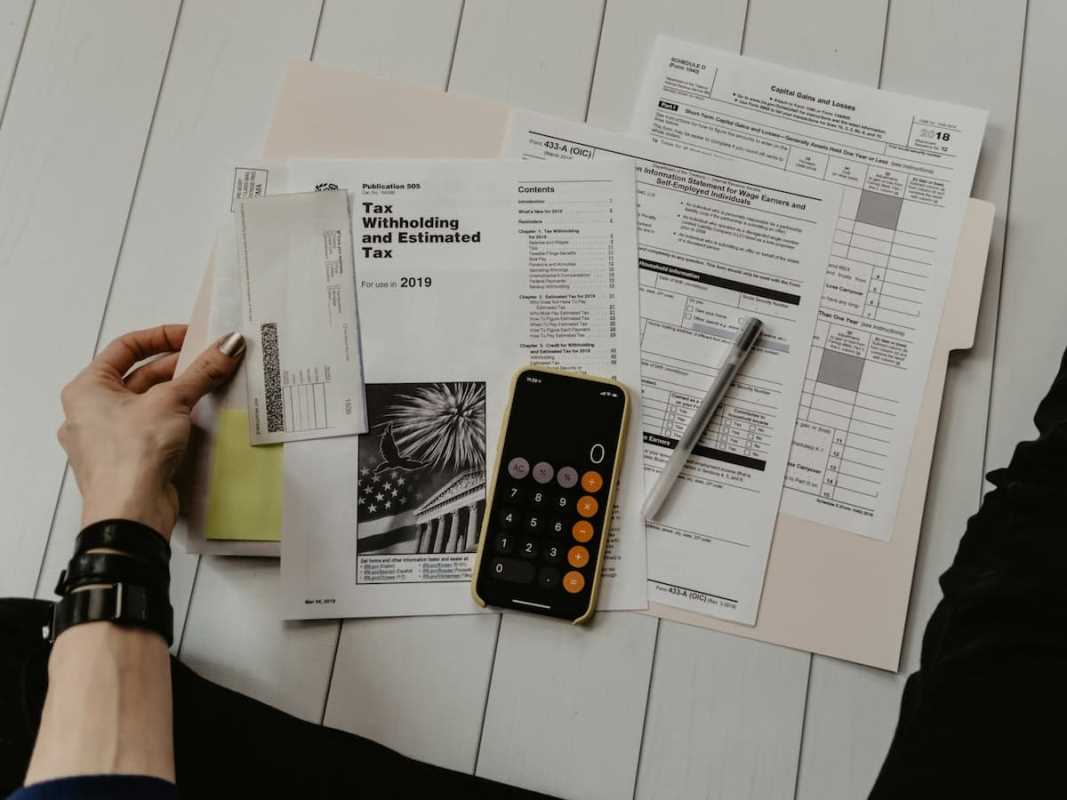An unexpected financial emergency can strike anyone at any time, leaving even the most financially stable individuals scrambling to cover unforeseen expenses. Whether it's a medical crisis, job loss, or unexpected home repair, these emergencies can cause significant stress and anxiety if you’re unprepared. The key to managing these situations without derailing your financial stability is to have a solid plan in place. By implementing a few key strategies, you can safeguard yourself and your family against the financial impact of unexpected events. Here are some essential strategies for effective financial emergency planning to ensure you're prepared for whatever life throws your way.
Build an Emergency Fund
One of the foundational elements of financial emergency planning is establishing an emergency fund. An emergency fund serves as a financial safety net, allowing you to cover essential expenses when income becomes uncertain or a significant unplanned cost arises. The general recommendation is to have enough savings to cover at least three to six months of living expenses, but depending on your circumstances, you may want to aim for more. For example, if you work in a field with high job volatility or have dependents, a larger emergency fund might be necessary.
This fund should be kept separate from your regular checking or savings account to avoid the temptation of using it for non-emergency expenses. It’s also important to ensure that your emergency fund is easily accessible, meaning it should be kept in a liquid form, such as a high-yield savings account. Having this cushion in place can help you weather financial setbacks, such as job loss, medical emergencies, or unexpected home repairs, without resorting to high-interest credit cards or loans.
Ensure Adequate Insurance Coverage
Another crucial aspect of financial emergency planning is making sure you have the right insurance coverage to protect against potential financial disasters. This includes a range of policies, such as health insurance, homeowner's or renter’s insurance, auto insurance, and disability insurance. Having comprehensive insurance can significantly reduce the financial burden of emergencies.
Health insurance is critical to cover medical expenses, which can be among the most significant unexpected costs people face. Homeowners or renters insurance protects against damage to your home or belongings, while auto insurance is essential to cover the costs associated with accidents or repairs. Disability insurance, which is often overlooked, is crucial for providing income replacement if you become unable to work due to illness or injury.
It’s essential to regularly review your insurance policies to ensure you have adequate coverage based on your evolving needs. Life changes such as marriage, children, or significant asset acquisitions may necessitate adjusting your coverage limits or adding new policies.
Stick to a Budget and Focus on Savings
Creating and maintaining a budget is a powerful tool in preventing financial emergencies from turning into financial disasters. A well-structured budget allows you to see exactly where your money is going and helps you track your income and expenses. By identifying unnecessary spending, you can find areas where you can cut back and increase your savings contributions.
Budgeting also gives you the ability to consistently set aside money each month to build your emergency fund. Many financial experts recommend prioritizing emergency savings over other financial goals until you’ve established a substantial cushion. For example, if you regularly spend on non-essential items like entertainment or dining out, reallocating that money to savings can quickly build your financial safety net.
Additionally, savings should be a consistent habit rather than something that happens only when there is leftover money at the end of the month. Automating your savings by setting up automatic transfers from your checking account to your emergency fund can make it easier to stay on track.
Reduce and Manage Debt
Carrying significant debt, especially high-interest debt such as credit card balances, can be particularly burdensome during a financial emergency. If you're already managing high monthly debt payments, dealing with an unexpected expense can become overwhelming. One of the best ways to prepare for financial emergencies is to focus on reducing and eliminating high-interest debt.
Start by paying down credit card debt or other high-interest loans as aggressively as possible. This will free up more of your income, allowing you to save more effectively and avoid falling deeper into debt when emergencies arise. Once your high-interest debt is under control, it’s much easier to weather unexpected financial challenges without being forced to take on additional, costly debt.
Regularly Review and Update Your Emergency Plan
Life circumstances and financial situations change over time, which means your financial emergency plan should not be static. Periodically reviewing and updating your plan is crucial to ensure it remains effective. For instance, if your income or expenses have changed, you may need to adjust the target amount for your emergency fund.
Likewise, reviewing your insurance coverage to account for life changes—such as marriage, home purchases, or adding dependents—will ensure that you’re not left underinsured during a crisis. By staying proactive and regularly assessing your financial situation, you can maintain a plan that is well-suited to your current needs.
Seek Professional Financial Advice
If you’re unsure where to start with financial emergency planning or if your financial situation is complex, seeking advice from a financial advisor can be highly beneficial. A professional advisor can help you evaluate your financial health, identify potential risks, and develop a comprehensive emergency plan tailored to your unique situation.
Advisors can also provide insights on how to allocate your savings, ensure you're properly insured, and offer strategies for debt reduction. While it might seem like an unnecessary expense, the guidance of a financial advisor can save you from costly mistakes and provide peace of mind knowing that you have a solid plan in place.
Incorporating these strategies into your financial planning will help you be better prepared to handle unexpected financial challenges. From building a robust emergency fund to reducing debt and ensuring adequate insurance coverage, these steps provide a strong foundation for financial resilience. By taking proactive measures and regularly reviewing your plan, you can navigate financial emergencies with confidence and peace of mind. While no one can predict the future, having a well-prepared financial emergency plan can alleviate stress and ensure you’re ready for whatever comes your way.







